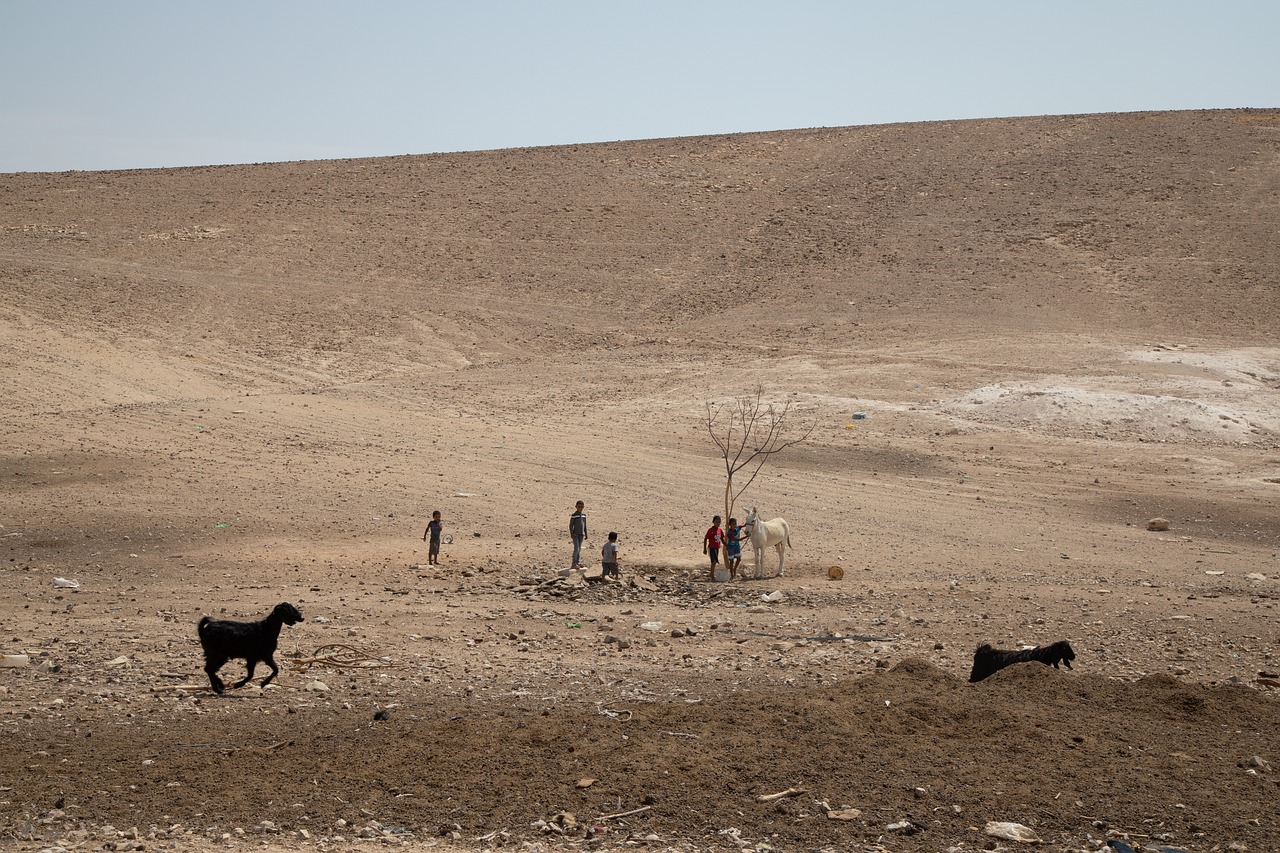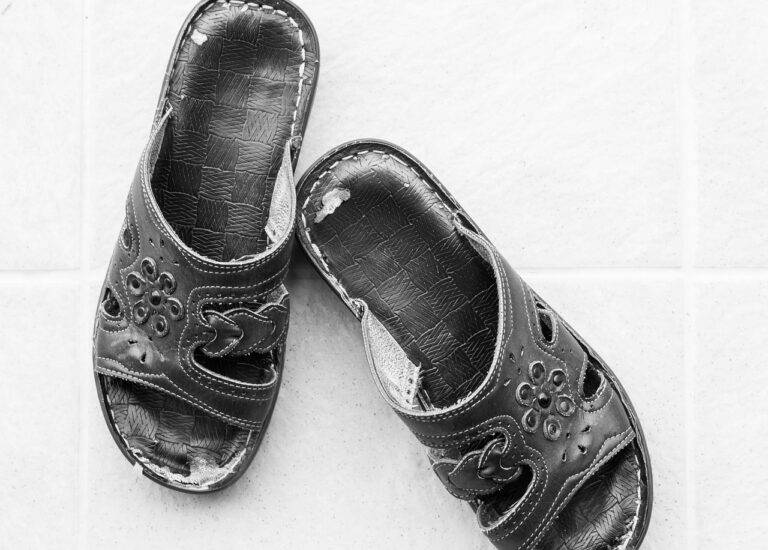The Role of Fragrance in Cultural Traditions and Festive Celebrations: 11xplay online, Indian 24bet, Skyinplay login
11xplay online, indian 24bet, skyinplay login: Fragrance plays a significant role in cultural traditions and festive celebrations around the world. From incense burning in religious ceremonies to the scent of traditional foods during special occasions, the sense of smell has the power to evoke memories, emotions, and spiritual connections. Let’s delve into the diverse ways in which fragrance is intertwined with different cultures and their rituals.
In Indian culture, fragrance holds deep symbolism and importance. During Diwali, the festival of lights, the scent of incense fills homes and temples as people offer prayers to the Goddess Lakshmi. Flowers such as jasmine and rose are used to make garlands and adornments, creating a fragrant ambiance during celebrations. The tradition of burning camphor during special rituals is believed to purify the air and ward off negative energies.
In Japan, the art of appreciating fragrance is known as “Kodo,” which translates to “Way of Fragrance.” This traditional practice involves the burning of incense sticks called “Ko,” where participants inhale the delicate scents and reflect on their sensory experience. The ceremony is not only a way to enjoy fragrance but also a means of meditation and spiritual connection.
In the Middle East, the use of fragrant oils and perfumes has a long history dating back to ancient times. Oud, a luxurious and aromatic resin derived from agarwood trees, is highly prized for its rich and complex scent. It is commonly used in traditional Middle Eastern perfumery and is often worn during festive occasions and special events. The scent of Oud is believed to have a calming effect on the mind and body, making it a popular choice for celebrations and ceremonies.
In Western cultures, fragrance plays a significant role in holiday traditions. The scent of cinnamon, cloves, and nutmeg wafting from Christmas cookies and mulled wine evoke feelings of warmth and nostalgia during the festive season. Pine-scented candles and fir branches bring the outdoors inside, creating a cozy and festive atmosphere in homes. The tradition of burning frankincense and myrrh, like the Three Wise Men did when visiting the baby Jesus, is still practiced in some Christian communities during Christmas celebrations.
Overall, fragrance is a powerful tool that enhances cultural traditions and festive celebrations, creating sensory experiences that engage our emotions and connect us to our heritage. Whether it’s the scent of incense in a temple, the fragrance of traditional foods at a family gathering, or the aroma of flowers in a wedding ceremony, the role of fragrance in cultural rituals is undeniable.
FAQs
Q: How does fragrance impact our emotions during cultural celebrations?
A: Fragrance has the power to evoke memories and emotions, creating a sense of nostalgia and connection to our cultural heritage during festive celebrations.
Q: What are some common fragrances used in cultural traditions around the world?
A: Common fragrances used in cultural traditions include incense, flowers like jasmine and rose, aromatic resins like Oud, and spices like cinnamon and cloves.
Q: Why is fragrance important in religious ceremonies and rituals?
A: Fragrance is believed to have a cleansing and purifying effect on the mind and spirit, making it an integral part of religious ceremonies and rituals in many cultures.







